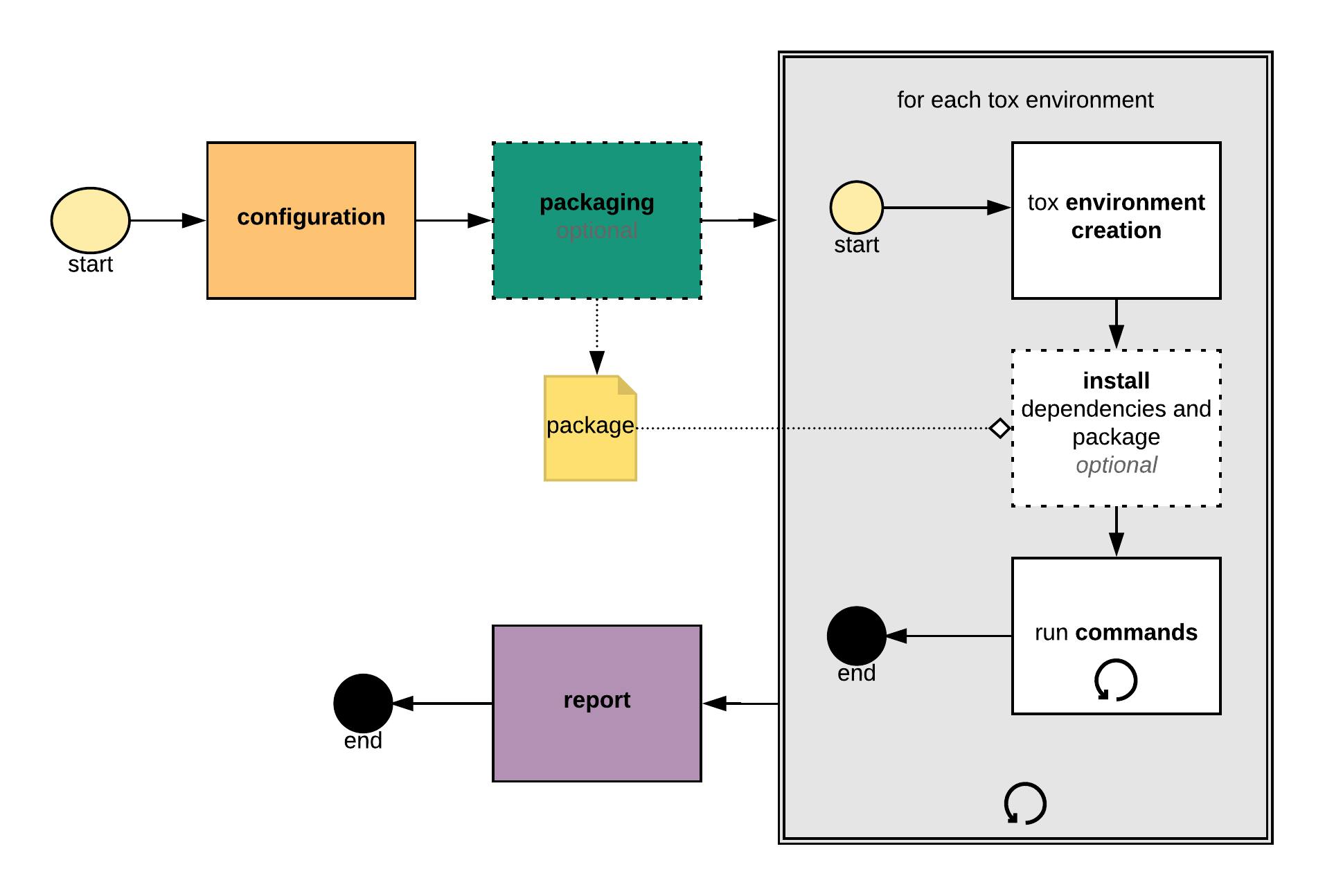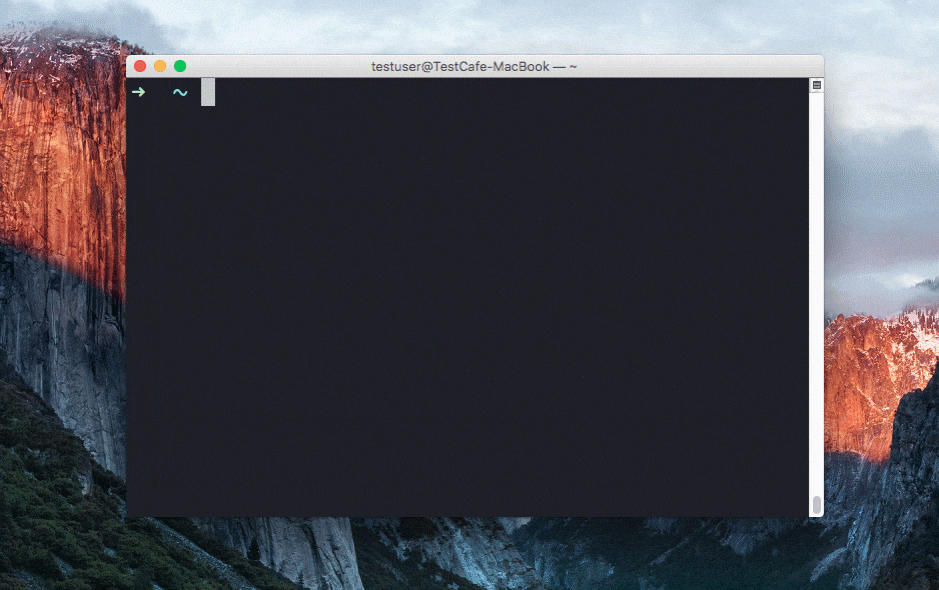Python libraries to make your code readable, reliable, and maintainable.
An experienced programmer understands perfectly well that a developer spends most of his time reading code and therefore treats the process of writing code with the deepest trepidation (and sometimes with fanaticism). To write quality and maintainable code, you need to take the time to write tests. There is a whole technique aimed at test-driven development (TDD) and I will not devote this article to the topic of testing as such, since tests are absolutely necessary and there is nothing to discuss. In this article, we are going to talk about tools to help you write quality Python code.
Testing Frameworks
pytest is a framework that makes it easy to write small tests, yet scales to support complex functional testing for applications and libraries.
Features
- Detailed info on failing assert statements (no need to remember
self.assert*names); - Auto-discovery of test modules and functions;
- Modular fixtures for managing small or parametrized long-lived test resources;
- Can run
unittest(including trial) and nose test suites out of the box; - Python 3.5+ and PyPy 3;
- Rich plugin architecture, with over 315+ external plugins and thriving community;
Repository: github.com/pytest-dev/pytest
Hypothesis is a family of testing libraries that let you write tests parametrized by a source of examples. A Hypothesis implementation then generates simple and comprehensible examples that make your tests fail. This simplifies writing your tests and makes them more powerful at the same time, by letting software automate the boring bits and do them to a higher standard than a human would, freeing you to focus on the higher-level test logic.
Robot Framework is a generic open-source automation framework for acceptance testing, acceptance test-driven development (ATDD), and robotic process automation (RPA). It has simple plain text syntax and it can be extended easily with libraries implemented using Python or Java.
Test Runners
tox is a command-line driven CI frontend and development task automation tool.
tox creates virtual environments for all configured so-called testenvs, it then installs the project and other necessary dependencies and runs the configured set of commands:

E2E Testing (GUI / Frontend)
Selenium is an umbrella project encapsulating a variety of tools and libraries enabling web browser automation. Selenium specifically provides an infrastructure for the W3C WebDriver specification — a platform and language-neutral coding interface compatible with all major web browsers.
Locust is an easy to use, scriptable, and scalable performance testing tool. You define the behavior of your users in regular Python code, instead of using a clunky UI or domain-specific language. This makes Locust infinitely expandable and very developer-friendly.
TestCafe is a Node.js tool to automate end-to-end web testing. Write tests in JS or TypeScript, run them, and view results.
- Works on all popular environments: TestCafe runs on Windows, MacOS, and Linux. It supports desktop, mobile, remote and cloud browsers (UI or headless).
- 1 minute to set up: You do not need WebDriver or any other testing software. Install TestCafe with one command, and you are ready to test:
npm install -g testcafe - Free and open source: TestCafe is free to use under the MIT license. Plugins provide custom reports, integration with other tools, launching tests from IDE, etc. You can use the plugins made by the GitHub community or make your own.
Usage example:

PyAutoGUI is a cross-platform GUI automation Python module for human beings. Used to programmatically control the mouse & keyboard.
Fake Data
Mimesis is a high-performance fake data generator for Python, which provides data for a variety of purposes in a variety of languages. The fake data could be used to populate a testing database, create fake API endpoints, create JSON and XML files of arbitrary structure, anonymize data taken from production and etc.
The key features are:
- Performance: The fastest data generator available for Python.
- Extensibility: You can create your own data providers and use them with Mimesis.
- Generic data provider: The simplified access to all the providers from a single object.
- Multilingual: Supports data for a lot of languages.
- Data variety: Supports a lot of data providers for a variety of purposes.
- Schema-based generators: Provides an easy mechanism to generate data by the schema of any complexity.
- Country-specific data providers: Provides data specific only for some countries.
Usage:
>>> from mimesis import Person
>>> person = Person('en')
>>> person.full_name()
'Brande Sears'
>>> person.email(domains=['mimesis.name'])
'roccelline1878@mimesis.name'
>>> person.email(domains=['mimesis.name'], unique=True)
'f272a05d39ec46fdac5be4ac7be45f3f@mimesis.name'
>>> person.telephone(mask='1-4##-8##-5##3')
'1-436-896-5213'
Generating data using schemas:
from mimesis.schema import Field, Schema
from mimesis.enums import Gender
_ = Field('en')
schema = Schema(schema=lambda: {
'id': _('uuid'),
'name': _('text.word'),
'version': _('version', pre_release=True),
'timestamp': _('timestamp', posix=False),
'owner': {
'email': _('person.email', domains=['test.com'], key=str.lower),
'token': _('token_hex'),
'creator': _('full_name', gender=Gender.FEMALE)},
})
data = schema.create(iterations=1)
The result:
[ { 'id': 'bd69b0b1-ac7f-42a7-a6b7-0fe04e8847d3',
'name': 'certified',
'owner': { 'creator': 'Dorthey Ramsey',
'email': 'birretta1894@test.com',
'token': '9cddc4363819109adf4a3cc0065bfdb8c38c5ce8244af4da68e75a45cf5bdc12'},
'timestamp': '2005-04-18T13:09:37Z',
'version': '9.9.0-rc.7'}]
Mocking
FreezeGun is a library that allows your Python tests to travel through time by mocking the datetime module.
Once the decorator or context manager have been invoked, all calls to datetime.datetime.now(),
datetime.datetime.utcnow(), datetime.date.today(), time.time(), time.localtime(), time.gmtime(), and time.strftime()
will return the time that has been frozen.
HTTPretty is an HTTP client mocking tool for Python - inspired by Fakeweb for Ruby.
Common use cases:
- Test-driven development of API integrations
- Fake responses of external APIs
- Record and playback HTTP requests
responses is a utility library for mocking out the requests Python library.
Example of usage:
import responses
import requests
@responses.activate
def test_simple():
responses.add(responses.GET, 'twitter.com/api/1/foobar',
json={'error': 'not found'}, status=404)
resp = requests.get('twitter.com/api/1/foobar')
assert resp.json() == {"error": "not found"}
assert len(responses.calls) == 1
assert responses.calls[0].request.url == 'twitter.com/api/1/foobar'
assert responses.calls[0].response.text == '{"error": "not found"}'
Code coverage
Coverage.py measures code coverage, typically during test execution. It uses the code analysis tools and tracing hooks provided in the Python standard library to determine which lines are executable, and which have been executed.
Object Factories
factory_boy is a fixtures replacement based on thoughtbot's factory_bot.
As a fixtures replacement tool, it aims to replace static, hard to maintain fixtures with easy-to-use factories for complex objects.
Code Style
wemake-python-styleguide is actually a flake8 plugin with some other plugins as dependencies.
pycodestyle is a tool to check your Python code against some of the style conventions in PEP8.
Features:
- Plugin architecture: Adding new checks is easy.
- Parseable output: Jump to error location in your editor.
- Small: Just one Python file, requires only
stdlib. You can use just thepycodestyle.pyfile for this purpose. - Comes with a comprehensive test suite.
Black is the uncompromising Python code formatter. By using it, you agree to cede
control over minutiae of hand-formatting. In return, Black gives you speed,
determinism, and freedom from pycodestyle nagging about formatting. You will save time
and mental energy for more important matters.
Typing
mypy is an optional static type checker for Python. You can add type
hints (PEP 484) to your Python programs, and use mypy to type check them statically. Find bugs in your
programs without even running them!
Here is a small example to whet your appetite (Python 3):
from typing import Iterator
def fib(n: int) -> Iterator[int]:
a, b = 0, 1
while a < n:
yield a
a, b = b, a + b
Pyre is a performant type checker for Python compliant with PEP 484. Pyre can analyze codebases with millions of lines of code incrementally – providing instantaneous feedback to developers as they write code.
Pyre ships with Pysa, a security-focused static analysis tool we've built on top of Pyre that reasons about data flows in Python applications. Please refer to our documentation to get started with our security analysis.
Repository: github.com/facebook/pyre-check
Typeshed contains external type annotations for the Python standard library and Python builtins, as well as third party packages as contributed by people external to those projects.
django-stubs contains type stubs and a custom mypy plugin to
provide more precise static types and type inference for Django framework. Django uses some Python "magic"
that makes having precise types for some code patterns problematic. This is why we need this project. The final goal
is to be able to get precise types for most common patterns.
returns gonna make your functions return something meaningful, typed, and safe!
Features:
- Brings functional programming to Python land
- Provides a bunch of primitives to write declarative business logic
- Enforces better architecture
- Fully typed with annotations and checked with
mypy, PEP561 compatible - Adds emulated Higher Kinded Types support
- Has a bunch of helpers for better composition
- Pythonic and pleasant to write and to read 🐍
- Support functions and coroutines, framework agnostic
- Easy to start: has lots of docs, tests, and tutorials
That's it for now!
You can read more in my personal blog: isaak.dev
- Twitter: twitter.com/likid_geimfari
- GitHub: github.com/lk-geimfari
- Telegram: @the_art_of_development
